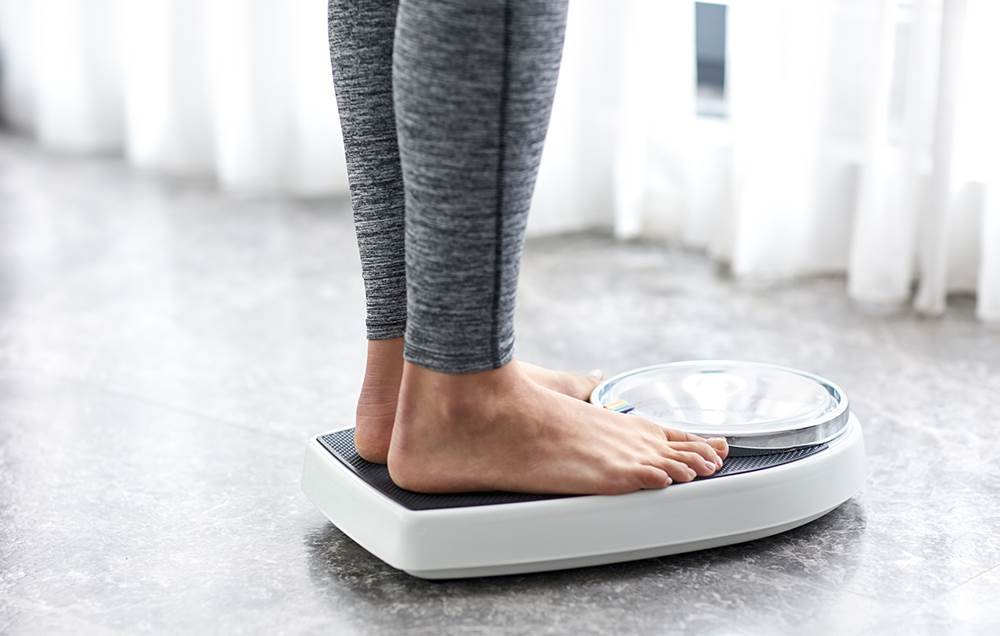Browse the wellness section in any bookstore, and you’re bound to see one beverage repeatedly glorified as the cure to, well, practically everything. Yes, that's right; we're talking about lemon water. This bright, citrusy drink is often paired with far-reaching promises, with companies and health gurus claiming it can do everything from turn back the clock on ageing to aid weight loss efforts. (Emphasis on the word claim.)
It's not all hype, though. There are certainly some health benefits to adding lemon juice to your water. First of all, lemon juice is a good source of the antioxidant vitamin C, with the juice of one lemon containing more than 30% your daily recommended intake.
“The best thing about lemon juice is the antioxidants it contains,” says dietitian Kristin Kirkpatrick. “The high vitamin C content may help boost your immunity, enhance iron absorption, and help reduce the risk of certain cancers.” A 2015 study also found that lemon juice may help ward off the stomach flu.
Secondly, if you’re more prone to drink it than plain water, you’ll reap the benefits of being adequately hydrated like having more energy and a happy digestive system.
“You’ll feel refreshed from the hint of sour sweetness waking up your taste buds if you’re bored with regular water,” says dietitian Maggie Michalczyk.
(Want to pick up some healthier habits? Sign up for FREE to get healthy living tips, weight loss inspiration, slimming recipes and more delivered straight to your inbox!)
But when it comes to more outlandish claims about lemon water? Don’t hold your breath. Here are five myths you need to stop believing:





Myth 1: It can help you lose weight
Some claim that because lemons contain pectin, the same satiating fibre found in apples, its juice will fill you up and in turn, aid weight loss. But there’s only a trace amount of that fibre (if any) still present in the juice by the time you squeeze it into your water.
“Fibre, in general, is key when it comes to slowing down your digestion, and helping the entire digestive process work,” says Michalczyk. “Unfortunately, none of this fibre is in the actual lemon juice itself.”
You’re better off including high-fibre foods like oats, beans, and legumes in your diet as part of a satisfying meal. Otherwise, lemon juice may serve best as a replacement tool for weight loss (say, drinking it in place of soda or other sugary drinks), rather than a magic bullet.
“Since it’s low in kilojoules, it may help with overall kilojoule restriction for weight loss. But that's the only impact it would have,” says dietitian Jason Ewoldt. That said, some animal studies do suggest that lemon compounds might help with weight loss, he adds, but the research is still too preliminary to know how lemon water affects humans and weight.
Myth 2: It can ward off disease
This theory stems from the fact that your body turns acidic lemon juice into an alkaline substance, but most experts agree that the pH of your food doesn’t affect your health or cause diseases like arthritis or cancer, as some diets might claim. Too much acid from lemon juice, however, can hurt your pearly whites.
“Strong acids like lemon juice can erode tooth enamel if in contact on a regular basis,” says dietitian Libby Parker. “If you are drinking lemon juice, be careful not to brush your teeth right after. Just swish plain water around in your mouth.” Brushing your teeth when they’re exposed to acid like lemon juice can cause even more enamel erosion that leads to cavities. To keep your teeth healthy, enjoy lemon juice in moderation.
Myth 3: It detoxes your system
Some believe that drinking lemon juice can cleanse your system from toxins and ailments, but research doesn’t stand behind this claim. “This is a popular theory, but again, other than the high vitamin C content, which is also found in other foods, theres little scientific evidence to support that lemon juice detoxes your system better than water,” says Kirkpatrick.
In fact, your body doesn’t need to be “cleansed” at all, despite what diet detoxes or liquid cleanses might tell you. “Our kidneys and liver do all the detoxifying we need,” says Michalczyk.
Myth 4: It speeds up your metabolism
Many say that a cup of lemon water in the morning can keep your metabolism humming all day long. Sounds great, doesn’t it? Unfortunately, the experts can’t back this one up either.
“I’ve never seen that association,” says Kirkpatrick. “Some foods, like cayenne pepper, temporarily speed up metabolism through the thermic effect of food, but I have not seen any studies where lemons do the same.”
However, if adding lemon to your water helps you to drink more than you usually would, that may provide a benefit.
“It can help, but that benefit is coming more from the actual water rather than the lemon you’re squeezing into it,” says Michalczyk. “Your metabolism thrives off of water to maintain its functions. Think of it as a mean, lean, kJ-burning machine, and water is the gas in the tank.”
Myth 5: It’s an anti-ageing miracle
While lemon juice might provide a nice dose of antioxidants, it won’t turn back the clock on ageing.
“Lemon juice does contain moderately high levels of vitamin C, which plays a role in skin health by helping with the formation of collagen, [a structural protein that wards off wrinkles], but there are many other food options when it comes to getting enough vitamin C,” says Ewoldt. For optimal skin health, you’re better off eating a balanced diet that includes fruits, vegetables, lean meat like turkey or salmon, and seeds, which all provide nutrients that promote collagen production and preservation.



.jpg&h=90&w=90&c=1&s=1)





